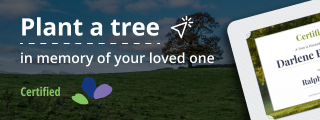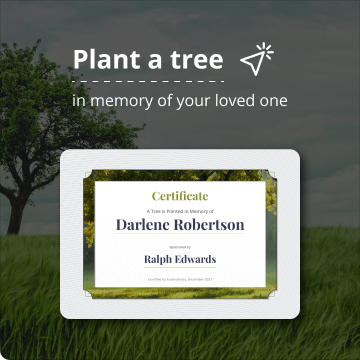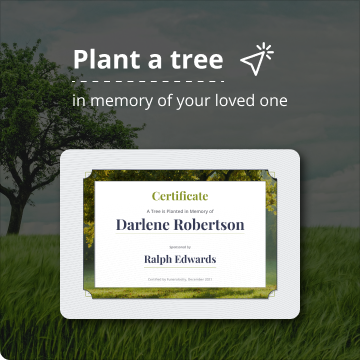
One of the first steps in the funeral pre-planning process is gathering the right information. This may seem like a chore in the beginning, but securing your personal documents and papers while making funeral preparations can help offset future obstacles and give you peace of mind.
Arranging the necessary forms and your funeral arrangements is also a thoughtful gift for your family, and saves them from having to complete this complicated task after your death.
Get Your Affairs In Order
Getting your affairs in order is a must when making end-of-life decisions. Start out with a funeral planning checklist, keeping all paperwork secure and organized as you work through the process. Think carefully about who you can trust with the location of all your personal details. Here’s a list of the information you should collect:
Assets: What Do You Own?
Assets include both personal and financial valuables, such as cash, bank accounts (savings and checking), retirement savings accounts (401K, 403b, IRA, etc.), life insurance, mutual funds, stock and bond certificates, fine art, jewelry, and other personal property like cars and boats.
Land and real estate holdings are also assets (e.g. personal or vacation homes, rental property, commercial buildings). For funeral planning purposes, collect the respective statements, titles, deeds, and instruments of ownership for all assets, then store them in a personal vault or safety deposit box.
Liabilities: What Do You Owe?

Liabilities include all outstanding debts, like mortgages, credit card debts, student loans, auto loans, medical bills, tax payments, outstanding bills, and personal loans. Check each loan, bill, and credit card statement to figure out how much you owe, as well as the applicable interest rates on your debt. This will help to determine how long it will take to pay off everything based on your current payment schedule.
Keep in mind that most debts don’t disappear after you die. In fact, outstanding liabilities are usually paid out of the deceased’s estate, depending on the total net worth of the estate.
Estate Planning Documents
If you don’t already have an estate plan such as a will or a trust, collecting all your assets and liabilities information gets you halfway there. If you have an existing will, it’s important to share this information with a trusted family member so it’s a known fact in the event of your death.
A will usually names an executor and beneficiaries, and documents your final wishes on what should happen with your estate. A trust is similar to a will, but it doesn’t allow you to name a guardian for dependents.
Note that a will is usually opened weeks or months after a death, so don’t include your funeral arrangements (or any instructions that need to be carried out immediately after you die) in the will.
Business Documents
Entrepreneurs who manage their own business – or are members of a partnership or corporation – need to collect all the forms detailing their business dealings. These documents include legal contracts, business licenses, company loans, bank and investment statements, dividend records, audit reports, and business tax returns.
Digital Legacy
These days, almost everyone has an email address or Facebook profile, but some digital assets are incredibly valuable financially. It’s crucial to have a plan that manages your digital legacy.
Digital assets include personal and business online accounts and profiles such as email addresses, social media profiles, websites, blogs, apps, entertainment accounts, etc.
Funeral Plan
A funeral plan details your final wishes and preferences for your funeral, burial, or cremation service. Arranging your funeral in advance allows you to document a customized plan for exactly how you want things done after you die, and provides peace of mind for you and your family.
After you finalize your funeral plan, make sure you share the written instructions with someone you trust. While it’s not advisable to store funeral instructions with your will or trust documents, let the estate executor know about the contents. Be sure to send them a notarized copy, which ensures that an official record of your funeral preferences exists.
Documents To Collect After Someone Dies
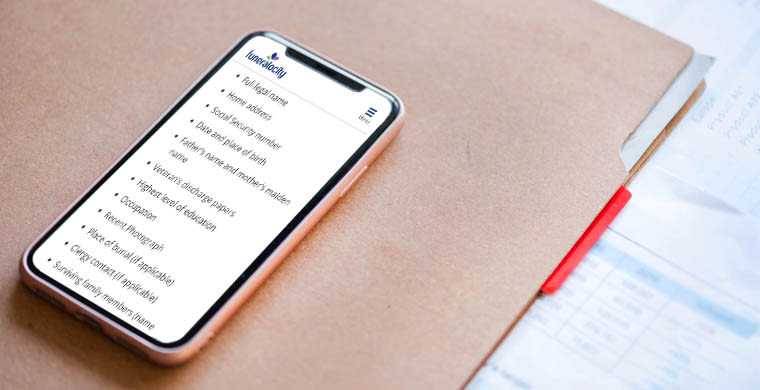
Losing a loved one is a traumatic experience, and it’s often hard to cope with the significant loss while dealing with their final affairs simultaneously. If the deceased did not write a funeral plan, the person responsible for making funeral arrangements will need to gather specific information and paperwork in order to make burial decisions, as well as answer questions from outside parties.
When planning a funeral service after someone dies, the funeral director will require specific information about the deceased in order to prepare the death certificate and process service-related documents. You may need to reach out to family members, friends, and other people to collect all the facts:
- Full legal name
- Home address
- Social Security number
- Date and place of birth
- Father’s name and mother’s maiden name
- Veteran’s discharge papers
- Highest level of education
- Occupation
- Recent Photograph
- Place of burial (if applicable)
- Clergy contact (if applicable)
- Surviving family members (name and relationship)
- Insurance policies (if applicable)
Other documents to gather after someone dies include:
- Asset and liabilities statements
- Business account papers
- Life insurance policies
- Will or Trust information
- Tax returns
- Digital account profiles
If the deceased person wrote a will, the executor is responsible for collecting all necessary information to make beneficiary distributions and perform estate management duties. If there is no will, the person who makes the funeral arrangements is often the same person who needs to close out accounts, file taxes, and pay any outstanding bills including the final funeral and burial costs.
Funeral And Cremation Paperwork
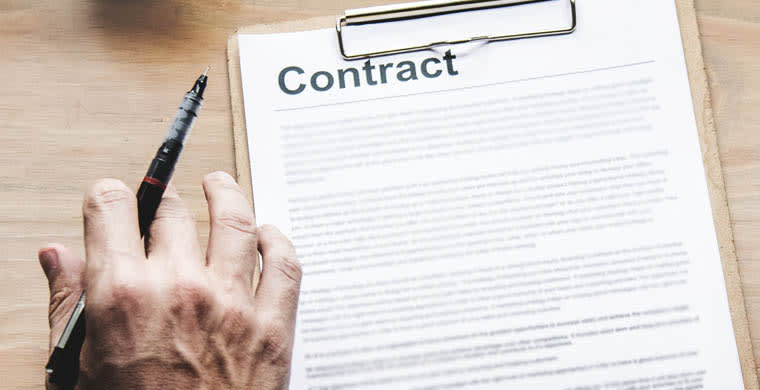
The funeral provider will also need signatures on the following forms to finalize the funeral or cremation service:
- Cremation Authorization Form
- Vital Statistics Form (required for the death certificate)
- Transfer Authorization Form (needed to pick up the deceased’s body from place of death).
- Funeral Services Contract
Organization Is Key
Whether you’re making your own funeral plans in advance or making funeral arrangements for a loved one, staying organized is key. Make copies of the documents you collect and store all original paperwork in a safe location.
Most importantly, share your plans with a trusted family member or close friend so your end-of-life preferences are known. This goes a long way to ensuring a smooth transition when the time comes.
To learn more about how much funerals cost, visit Funeralocity.com


